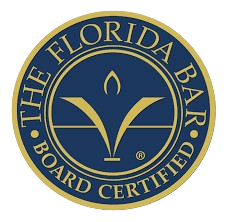Social media has gained popularity and interest immensely over the past several years. What was once something used as a private platform to interact with close friends and family, has now evolved into the means of communication, business, and all areas in between on a very public scale.
More times than not you see very personal information on a social media page with harmless intent, however, the outcome could be the complete opposite.
This year’s theme for “Get Safe Online Week” (October 20-26) is online crime. There are many variations to online crime:
- fraud
- identity theft
- hacking
- viruses
- abuse
A survey conducted amongst 2,000 adults concluded that many people were unaware and uneducated of the risks they face by sharing personal information on their social media platforms and 39% experienced fraud. Through the combination of technologic advancements and access inside the lives of strangers, there has been an increase in fraudulent acts as well as identity theft.
The most overlooked piece of personal information shared very publically is your email address. Almost all websites, including but not limited to social media, require a username and password, of which is mostly your email. Many times on social media platforms the email associated with the account is displayed publically, denounced to the account holder. This email could potentially be used in harmful ways – for example, to spread a virus via spam email, which in some cases when opened, can allow for the hacker to steal personal information stored in your computer or mobile device.
We suggest following these simple precautions to reduce your risk of becoming a victim of online crime:
- Set your social media profiles to private: both your Facebook and Instagram have these options, whereas Twitter is more for public use.
- Turn off your locations on your social media – this also acts as a safety measure for you and your family.
- Use different passwords and never share your password with anyone.
- Be aware of offers that appear “too good to be true”. If it is an advertisement requiring personal information, be aware of the source and think before you enter any information that could put you at risk.
- Do not open spam emails.
- Keep parts of your life private, the more information you willingly post; the easier it is for an online crime to be committed against you.
- Do not disclose when you are away from your home or on vacation – burglars are on social media, too.











